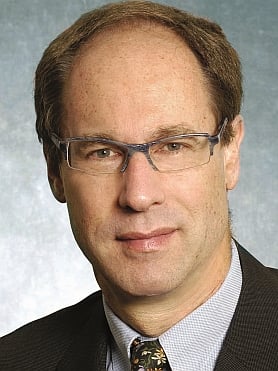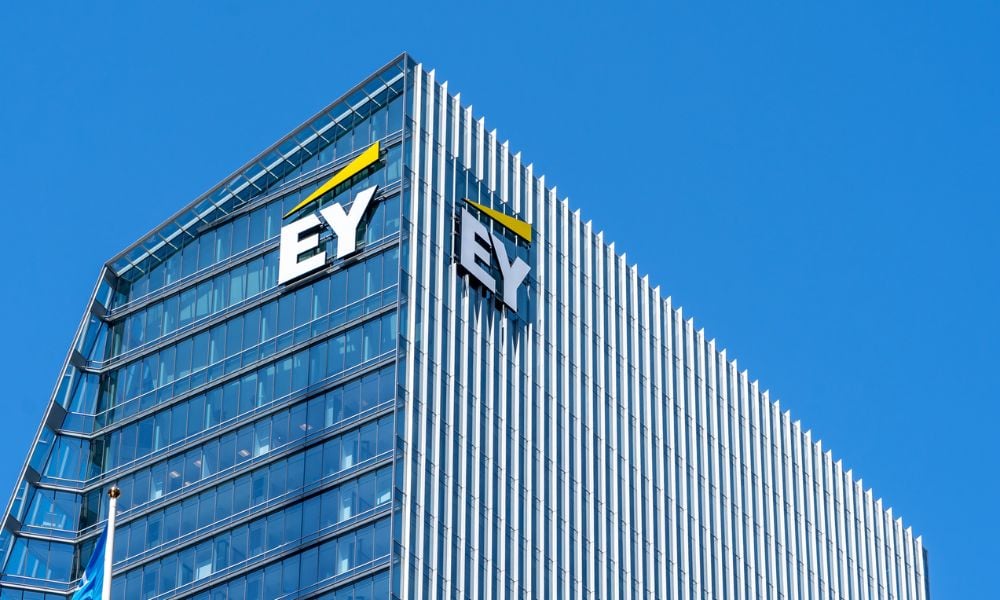Ordinarily news that a Toronto-area man settled with the Ontario Securities Commission for acting on a tip that returned a 635-per-cent profit would seem unexceptional. Except Anand Hariharan is not involved with a reporting issuer in Ontario, and he is not a financial adviser. He is an aircraft maintenance engineer. And the company whose call options he traded with such spectacular results, Loral Space & Communications Inc., does not even trade on a Canadian exchange.
Hariharan bought the options after learning from a childhood friend who worked there that the company was poised to announce the sale of its subsidiary to MacDonald, Dettwiler & Associates Inc. after market close. He sold the contracts the next day for a profit of US$68,683.
In the statement of allegations, the OSC admitted that Hariharan’s conduct did not “technically contravene” the Securities Act because Loral is not an Ontario reporting issuer. But staff said his misuse of insider information impugned the integrity of Ontario’s capital markets, making his conduct contrary to the public interest.
The public-interest jurisdiction is a powerful tool, giving the regulator broad discretion to bring allegations and impose sanctions, even where there has been no actual breach of law, and some securities lawyers complain staff is abusing it.
Neill May, a partner at Goodmans LLP, says his gut reaction when he read Hariharan was to wonder why the OSC didn’t just refer the case to the US Securities and Exchange Commission. It’s not that he disagrees with the prosecution; it’s just that the OSC seems to be exercising its public-interest jurisdiction alarmingly often. “It used to be there would be one of these public-interest cases, and then years with nothing. It started with Canadian Tire in the 1980s. Then it was something like 15 years before Asbestos, then maybe another 10 years before the next one — but now we’re seeing them with significantly increasingly frequency.”
Edward Waitzer, a partner at Stikeman Elliott LLP and a former OSC chairman, has been a vocal critic of the OSC’s broadening public-interest scope. “The commission has become emboldened and they’ve exercised it ... in takeover defences. There’s been a big debate about whether, if the commission’s going to keep expanding the scope of its public-interest jurisdiction, there should be more transparent standards and principles for when its public-interest powers will be exercised.”
That said, Waitzer is not particularly troubled about the reach in Hariharan. “This one’s an easy one; it’s not even close to the line in my mind. This is a slam dunk.”
What may not be a slam dunk is the settlement. Aside from a 10-year ban from trading (other than in a retirement account) and a 10-year registration ban, Hariharan agreed to pay $35,000 plus $5,000 in investigations costs — meaning he got to keep more than $44,000 of the money he made on the options.
May says each settlement agreement is unique, “but a financial penalty of less than the full disgorgement of profit is unusual. I don’t understand how it fully achieves the deterrent effect that’s clearly intended.”





